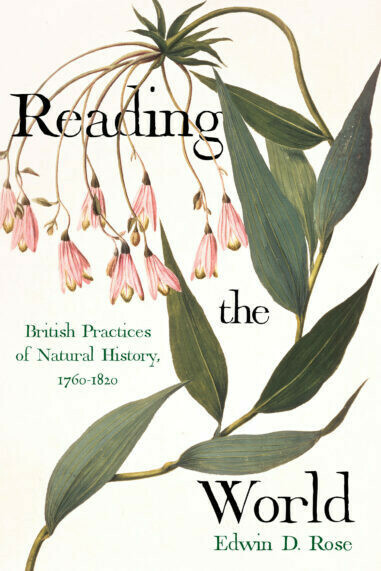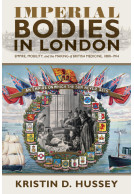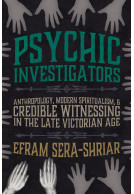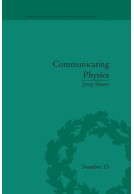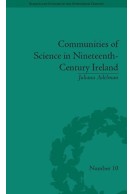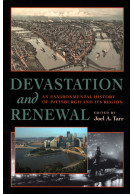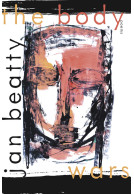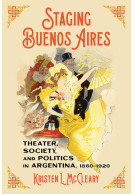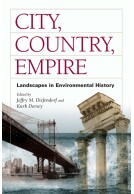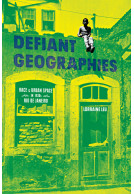Reading the World (Hardback)
British Practices of Natural History, 1760–1820
Imprint: University of Pittsburgh Press
Series: Science and Culture in the Nineteenth Century
Pages: 408
ISBN: 9780822948513
Published: 18th March 2025
Script Academic & Professional
Series: Science and Culture in the Nineteenth Century
Pages: 408
ISBN: 9780822948513
Published: 18th March 2025
Script Academic & Professional
You'll be £50.00 closer to your next £10.00 credit when you purchase Reading the World. What's this?
+£4.99 UK Delivery or free UK delivery if order is over £40
(click here for international delivery rates)
Order within the next 8 hours, 14 minutes to get your order processed the next working day!
Need a currency converter? Check XE.com for live rates
(click here for international delivery rates)
Order within the next 8 hours, 14 minutes to get your order processed the next working day!
Need a currency converter? Check XE.com for live rates
A new addition to the University of Pittsburgh Press Science and Culture in the Nineteenth Century series.
In the eighteenth and nineteenth centuries—a period that marked the emergence of a global modernity—educated landowners, or “gentlemen,” dominated the development of British natural history, utilizing networks of trade and empire to inventory nature and understand events across the world. Specimens, ranging from a Welsh bittern to the plants of Botany Bay, were collected, recorded, and classified, while books were produced in London and copies distributed and used across Britain, Continental Europe, the Pacific, Asia, and the Americas. Natural history connected a diverse range of individuals, from European landowners to Polynesian priests, incorporating, distributing, synthesizing, and appropriating information collected on a global scale.
In Reading the World, Edwin D. Rose positions books, natural history specimens, and people in a close cycle of literary production and consumption. His book reveals new aspects of scientific practice and the specific roles of individuals employed to collect, synthesize, and distribute knowledge—re-evaluating Joseph Banks’s and Daniel Solander’s investigations during James Cook’s Endeavour voyage to the Pacific. Uncovering the range of skills involved in knowledge production, Rose expands our understanding of natural history as a cyclical process, from the initial collection and identification of specimens to the formal publication of descriptions to the eventual printing of sources.
Other titles in the series...
Other titles in University of Pittsburgh Press...







